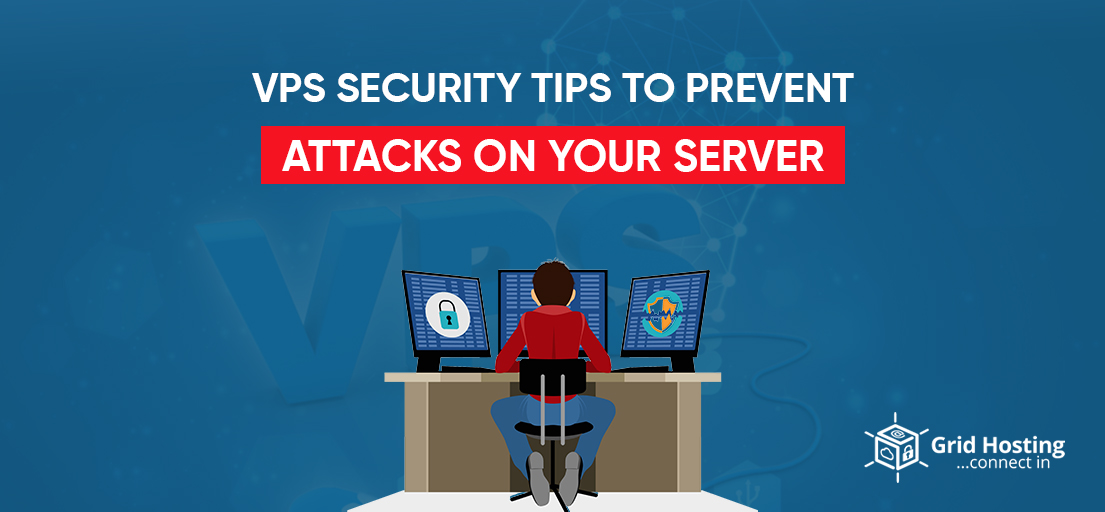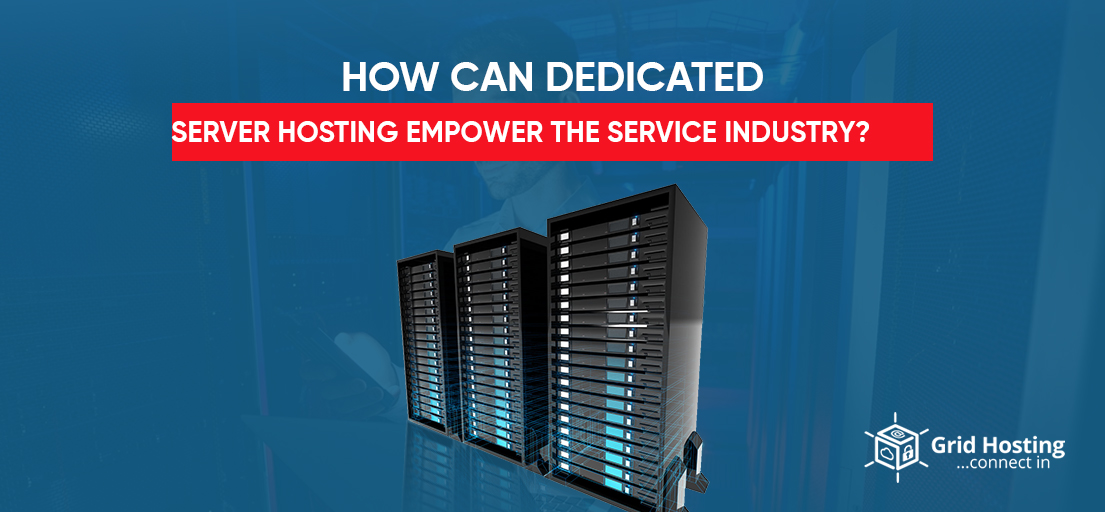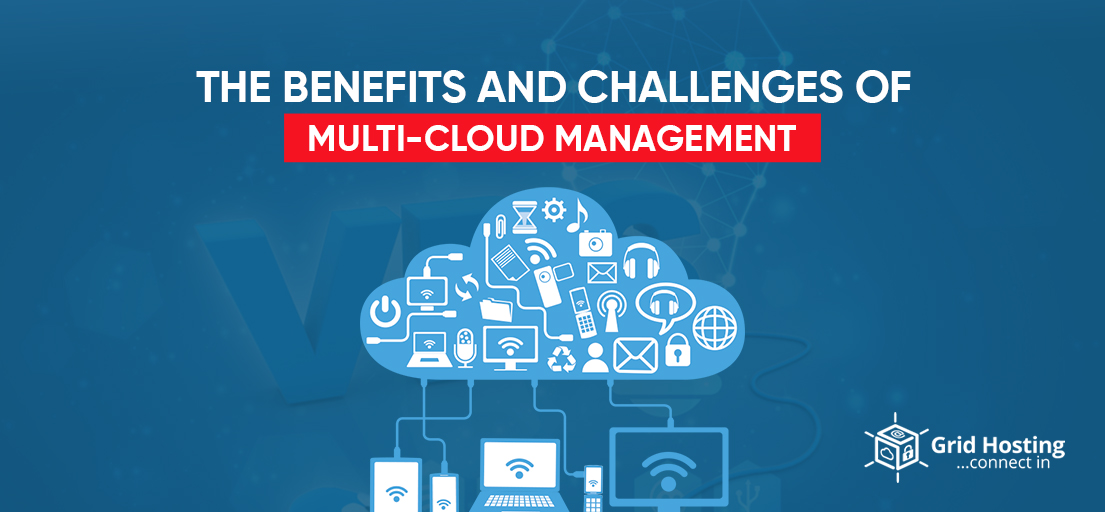It is essential to understand how to safeguard your Linux virtual private server to avoid cyber threats. However, this is not a one-time incident; you must regularly check your virtual private server (VPS) in addition to following basic security practices. This article will go over Linux security and common flaws. We’ll also go over VPS security tips to keep your virtual server safe from cyber threats.
What Is a VPS
A virtual private server, or VPS, is a virtual environment that exists on a physical server that is owned and maintained by a cloud or web hosting company. Virtual private server hosting makes use of virtualization technology to divide a single physical system into several private server environments that share resources.
What Is VPS Security
VPS security includes firewalls, antivirus software, strong passwords, access control, frequent upgrades, and backups. These precautions are designed to protect your virtual private server (VPS) against unauthorized access and cyber threats, while also maintaining the integrity and safety of your hosted data and applications.
How VPS Technology Improves Security
VPS technology is built on bare-metal servers, which provide inherent web hosting security. Bare-metal servers are physical servers that are dedicated only to one tenant. This exclusivity ensures complete control over the hardware, eliminating the possibility of multi-tenancy. This control lowers the potential of one user’s vulnerabilities affecting the vulnerabilities of another. This software miracle partitions a bare-metal machine into several virtual private server instances. It hosts several virtual environments on a single host machine by partitioning and sharing resources. It remains isolated, frequently out of reach of the broader public, limiting potential security breaches.
VPS Security Tips to Protect Your Server Security
Certainly! Here are some VPS (Virtual Private Server) security tips to help prevent attacks on your server:
-
Keep Software Updated
Update your server’s operating system, control panels, and all installed software regularly to patch security vulnerabilities.
-
Use Strong Passwords
Use complex, one-time passwords for all user accounts, particularly the root/administrator account. Consider using a password manager to generate and store strong passwords.
-
SSH Key Authentication
For safe access, disable password-based SSH authentication and instead, utilize SSH keys.
-
Firewall Configuration
Set up a firewall (like iptables or UFW) to allow only necessary incoming and outgoing traffic. Restrict SSH access to trusted IP addresses.
-
Disable Unnecessary Services
Disable or remove any unnecessary services or applications running on your server to reduce potential attack vectors.
-
Regular Backups
Perform regular backups of your data and configuration settings. Store backups in a secure, separate location.
-
Monitoring and Intrusion Detection
Implement server monitoring tools to detect unusual activity. Consider using intrusion detection systems (IDS) like Fail2ban.
-
Use VPNs for Admin Access
Require administrators to connect via VPN before accessing the server’s administrative interface.
-
Software Restriction
Only install software and scripts from trusted sources. Disable server-side scripting where not needed.
-
Secure File Permissions
Ensure that file and directory permissions are set appropriately to limit access to authorized users.
-
Regular Auditing
Periodically review logs and audit trails for any suspicious activity.
-
Security Software
Consider using security software such as intrusion detection systems (IDS), antivirus, and malware scanners.
-
Two-Factor Authentication (2FA)
Enable 2FA for server login and critical applications where possible.
-
User Privileges
Limit user privileges to only what is necessary. Avoid running services as the root user.
-
Regularly Check for Vulnerabilities
Scan your server and web applications for vulnerabilities using tools like Nessus or OpenVAS.
-
Security Policies
Establish and enforce security policies for all users and administrators.
-
Emergency Response Plan
Have a plan in place for responding to security incidents, including how to isolate compromised systems and notify stakeholders.
-
Education and Training
Train your team on security best practices to prevent social engineering attacks and human errors.
-
Keep Documentation Secure
Protect server documentation and login credentials in a secure location.
Considerations When Choosing a VPS Service Provider
When selecting a VPS hosting service, evaluate their dedication to security. Look for suppliers who prioritize security by providing robust firewall solutions, DDoS protection, network security features, and regular system updates, such as Grid Hosting. Furthermore, confirms that the supplier provides responsive customer assistance and has a reputation for dependability and uptime.
You May Also Like To Read: When Do You Need VPS Hosting?
In a nutshell
Securing your VPS is a continual effort that necessitates proactive actions and constant awareness. You may increase your VPS security by applying the security practices suggested in this blog, such as firewall filtering, regular upgrades, and DDoS protection. Our Grid Hosting VPS solutions provide a safe, dependable, and high-performance hosting environment, allowing you to confidently focus on expanding your business. Explore Grid Hosting VPS packages today and reap the benefits of working with a reliable and secure hosting provider.
For Special discounts and offers, visit our official Facebook Page







